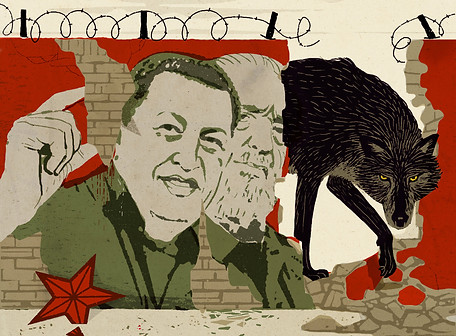Culture and literature Artifacts

SPAN 4350
La Revolución Bolivariana
In my contemporary Hispanic culture class, I wrote an extensive article examining the
most important revolutionary movements in Latin America, specifically the Cuban Revolution of
1953, the Nicaraguan Revolution of 1979, and the Bolivarian Revolution in Venezuela. The task
aimed to analyze the sociopolitical contexts and cultural impacts of these revolutions, promoting
a deeper understanding of contemporary Latin American identities. This artifact is important to
me as it broadened my perspective on the historical complexities and cultural narratives that
shape the Hispanic experience. By studying these revolutions, I was able to see that the political
struggles from these revolutions influenced cultural identity and community resilience. This
understanding is crucial in primary care, where recognizing patients' backgrounds and medical
histories can improve culturally sensitive care. I developed critical thinking and empathy skills,
learning to appreciate different points of view and their implications for interactions with
patients. This knowledge prepares me for my future in physical therapy, where adaptability and
cultural competence are essential

SPAN 3110
Ensayo Latinoamericano
I wrote an “ensayo latinoamericano” for my Spanish-American literature class. I reflected
on my time studying abroad in Argentina. This assignment allowed me to explore Argentine
culture, from soccer matches to historical narratives. Through this reflection, I deepened my
understanding of how cultural differences shape experiences and perspectives on a person's
health and well-being. This artifact is important to me because it highlighted the importance of
understanding different narratives, particularly in healthcare. I learned that each culture has
unique traditions and values that influence patient care and communication. By analyzing my
experiences, I developed critical thinking and cultural humility, essential skills for my future in
physical therapy. I am now better equipped to actively listen to patients' stories and engage in
culturally sensitive communication, ensuring I respect and honor their decisions while working
to provide empathetic care.